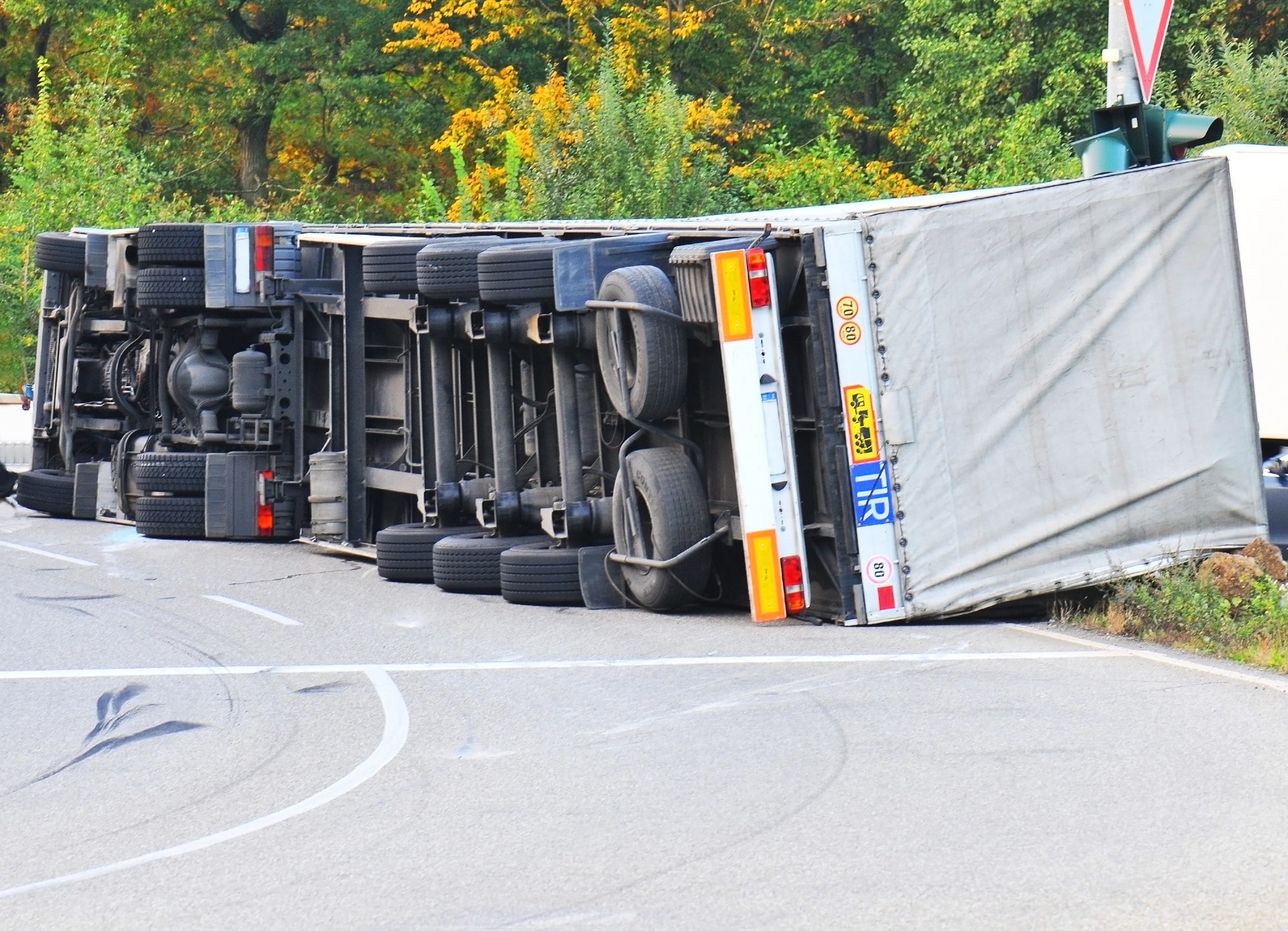Network Of Independent Truck Accident Attorneys
Indiana Truck Accident Laws
100% Committed To Maximizing Your Recovery
The Importance Of Trucks In The Worldwide Supply Chain

Trucks play a vital role in the global supply chain, moving goods across vast distances, ensuring timely delivery, and supporting industries ranging from manufacturing to retail. In states like Indiana, where trucking is a major part of the economy, it’s essential to understand how Truck Accident Laws Indiana can impact the smooth operation of supply chains. Trucks are responsible for the “last mile” delivery in most cases, ensuring that products reach their final destinations on time. This critical function makes trucking indispensable to the worldwide supply chain, connecting producers, distributors, and consumers across the globe.
1. Trucks As The Backbone Of Distribution
Trucks are at the heart of the global distribution system. While other modes of transport, such as ships, planes, and trains, handle large-scale, long-distance transportation, trucks handle the crucial task of moving goods from transportation hubs to their final destinations. Whether delivering raw materials to factories or finished goods to retail outlets, trucks ensure that supply chains remain fluid and responsive to market demands.
Without trucks, supply chains would face significant delays, as most products are delivered directly to consumers or retailers by truck. This makes trucking essential for industries that rely on just-in-time inventory systems, where delays can lead to production slowdowns or stock shortages.
2. Challenges Faced By Trucking In The Supply Chain
Despite their importance, trucks face several challenges within the global supply chain. These include traffic congestion, driver shortages, regulatory compliance, and accidents. Truck accidents, in particular, can create significant disruptions. Not only do accidents cause delays, but they can also result in damaged goods, financial losses, and potential legal liabilities for trucking companies.
In Indiana, truck drivers and companies are required to comply with strict safety regulations to minimize the risk of accidents. These regulations, outlined in Indiana Truck Accident Laws, govern everything from driver hours of service to vehicle maintenance standards. Ensuring that trucks adhere to these regulations is crucial for maintaining the integrity of the supply chain and minimizing disruptions caused by accidents.
3. The Role Of Trucks In International Trade
Trucks also play a critical role in international trade. While goods may be transported across borders via ship or plane, trucks are typically responsible for moving them to and from ports, airports, and rail yards. In this way, trucks serve as the link between international and domestic logistics systems, ensuring that products move seamlessly across different modes of transportation.
4. The Future Of Trucking In The Supply Chain
As global demand for fast, reliable shipping grows, the importance of trucks in the supply chain will continue to increase.Trucks are essential to the global supply chain, serving as the backbone of distribution and ensuring that goods reach their final destinations efficiently. Despite challenges such as accidents and regulatory compliance, the trucking industry remains a critical component of the world’s economy. If you or your business has been affected by a truck accident Truck Law can help you navigate the complexities of legal claims and ensure you receive the compensation you deserve. Contact Truck Law today for expert legal assistance.